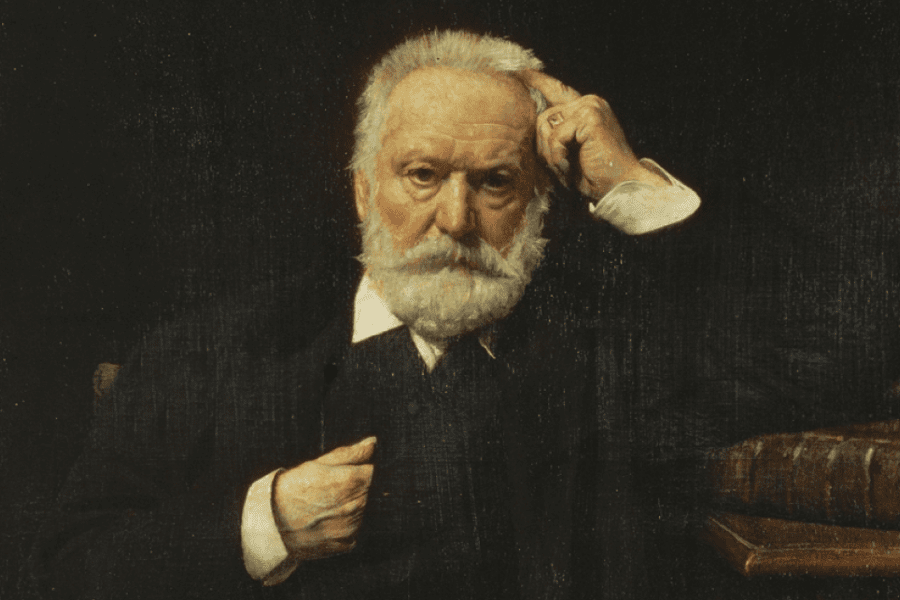Victor Hugo IELTS Listening Answers With Audio, Transcript And Explanation
Luyện tập đề IELTS Listening Practice với Victor Hugo được lấy từ cuốn sách IELTS Cambridge 18 - Test 4 - Section 4 kèm Answer key, list từ vựng IELTS cần học trong bài đọc và Free PDF & Audio Transcript Download với trải nghiệm thi IELTS trên máy và giải thích đáp án chi tiết bằng Linearthinking.
👂️ Audio and questions
His novel, Les Misérables
It has been adapted for theatre and cinema.
We know more about its overall
than about its author.1
His early career
In Paris, his career was successful and he led the Romantic movement.
He spoke publicly about social issues, such as
and education.2Napoleon III disliked his views and exiled him.
His exile from France
Victor Hugo had to live elsewhere in
.3He used his income from the sale of some
he had written to buy a house on Guernsey.4
His house on Guernsey
Victor Hugo lived in this house until the end of the Empire in France.
The ground floor contains portraits,
and tapestries that he valued.5He bought cheap
made of wood and turned this into beautiful wall carvings.6The first floor consists of furnished areas with wallpaper and
that have a Chinese design.7The library still contains many of his favourite books.
He wrote in a room at the top of the house that had a view of the
.8He entertained other writers as well as poor
in his house.9Victor Hugo's
gave ownership of the house to the city of Paris in 1927.10
❓ Transcript
🔥 Answer key (đáp án và giải thích)
Giải thích chi tiết
 Thông tin mình cần nghe "về tiểu thuyết Les Misérables: Người ta biết nhiều về tổng thể ? hơn là tác giả của tiểu thuyết"
Thông tin mình cần nghe "về tiểu thuyết Les Misérables: Người ta biết nhiều về tổng thể ? hơn là tác giả của tiểu thuyết"
 Biết sắp có thông tin ở "The person I've chosen to talk about is the French writer Victor Hugo – many people have heard of him because his novel, Les Misérables"
Biết sắp có thông tin ở "The person I've chosen to talk about is the French writer Victor Hugo – many people have heard of him because his novel, Les Misérables"
 Nghe được "So, some of us. I'm sure, have a pretty general idea of the plot, but we know much less about the author."
Mình có:
some of us have a pretty general idea of the plot, but we know much less about the author
>> chúng ta biết nhiều thông tin về cốt truyện, nhưng ta biết ít thông tin về tác giả.
= We know more about its overall (1) ___ than about its author.
Nghe được "So, some of us. I'm sure, have a pretty general idea of the plot, but we know much less about the author."
Mình có:
some of us have a pretty general idea of the plot, but we know much less about the author
>> chúng ta biết nhiều thông tin về cốt truyện, nhưng ta biết ít thông tin về tác giả.
= We know more about its overall (1) ___ than about its author.
 Đáp án: plot
Đáp án: plot


